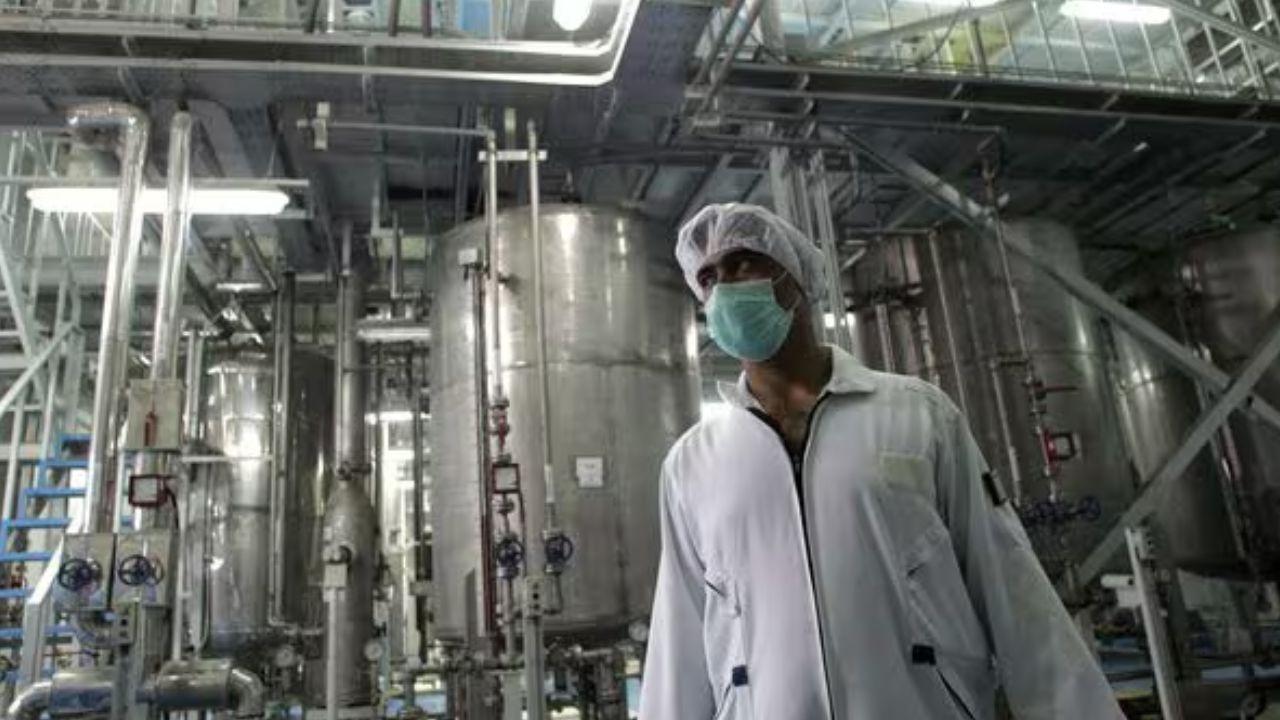
Post by : Bandanpreet Kaur
Photo: AFP
Israel has said it killed at least 14 Iranian scientists during its attacks on Iran, trying to stop Iran’s nuclear program. Many of these scientists were experts in physics, chemistry, and engineering. They were believed to be helping Iran build a nuclear bomb. Israel hopes these killings will make it much harder for Iran to finish a weapon.
Israel’s ambassador to France, Joshua Zarka, said these scientists had many years of experience. He believes their deaths will delay Iran’s plans by many years. He told the Associated Press that “the whole group disappeared,” and that this makes it nearly impossible for Iran to build a bomb—at least for now.
But nuclear experts don’t fully agree. They say that Iran still has other smart scientists who can continue the work. European countries like the UK say that military force cannot remove the knowledge Iran has gained. UK Foreign Secretary David Lammy said that the only real solution is a peaceful deal.
Even though Iran says its nuclear program is peaceful, Israel believes Iran could quickly make a bomb if it wanted to. U.S. intelligence says Iran is not currently building one, but the fear remains.
Nine scientists were killed in the first wave of Israeli airstrikes on June 13. They included experts in explosives and materials, along with nuclear engineers and physicists. A few days later, Iran’s state TV said another nuclear scientist, Mohammad Reza Sedighi Saber, was killed in a later attack. His 17-year-old son had already died in the June 13 strike.
Experts say the killings may scare other scientists from joining Iran’s nuclear team. But they also say that Iran’s nuclear program can be rebuilt. Former U.S. diplomat Mark Fitzpatrick, now with a UK think tank, said the program may be delayed but not stopped. He explained that blueprints and younger scientists can continue the work, even if it takes time.
Pavel Podvig, an expert in nuclear weapons, said that what really matters is whether Iran still has enriched uranium and the machines to make it stronger. If the materials are still there, new scientists can finish the job.
The Israeli ambassador said these scientists were not targeted just because they studied physics, but because they were working to build nuclear weapons. He hopes future scientists will think twice before helping with such work.
Israel is believed to have nuclear weapons itself, although it has never officially said so.
This isn’t the first time Iranian scientists have been killed. In 2020, Iran blamed Israel for the death of its top nuclear expert, Mohsen Fakhrizadeh. He was shot using a remote-controlled machine gun. That killing also delayed Iran’s program.
Some experts believe these attacks are more symbolic than useful. Paris-based analyst Lova Rinel said the program continues even after these killings.
Legally, the issue is complex. Killing civilians is not allowed under international law. But some legal experts say scientists working for a government’s military could be seen as fair targets if they are helping build weapons.
Steven David, a political science professor, said these scientists were helping a government that has threatened Israel. Because of this, he believes they were legitimate targets.
Laurie Blank, an expert in international law, said it is too early to say if the killings were legal. She noted that we don’t have all the facts about the scientists’ roles.
The Israeli ambassador made a clear point: learning physics isn’t the issue. The issue, he said, is using that knowledge to make weapons. The people who had that ability were targeted so they could no longer help Iran build a bomb.
Israel Iran conflict
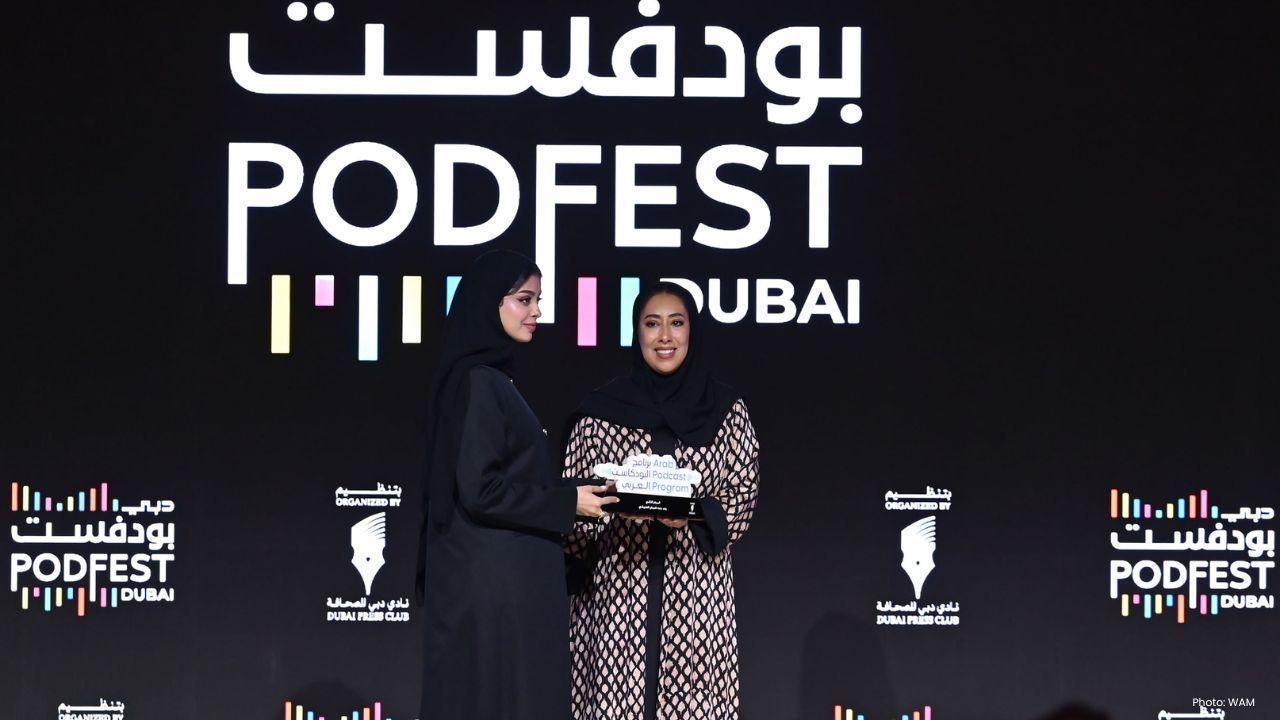

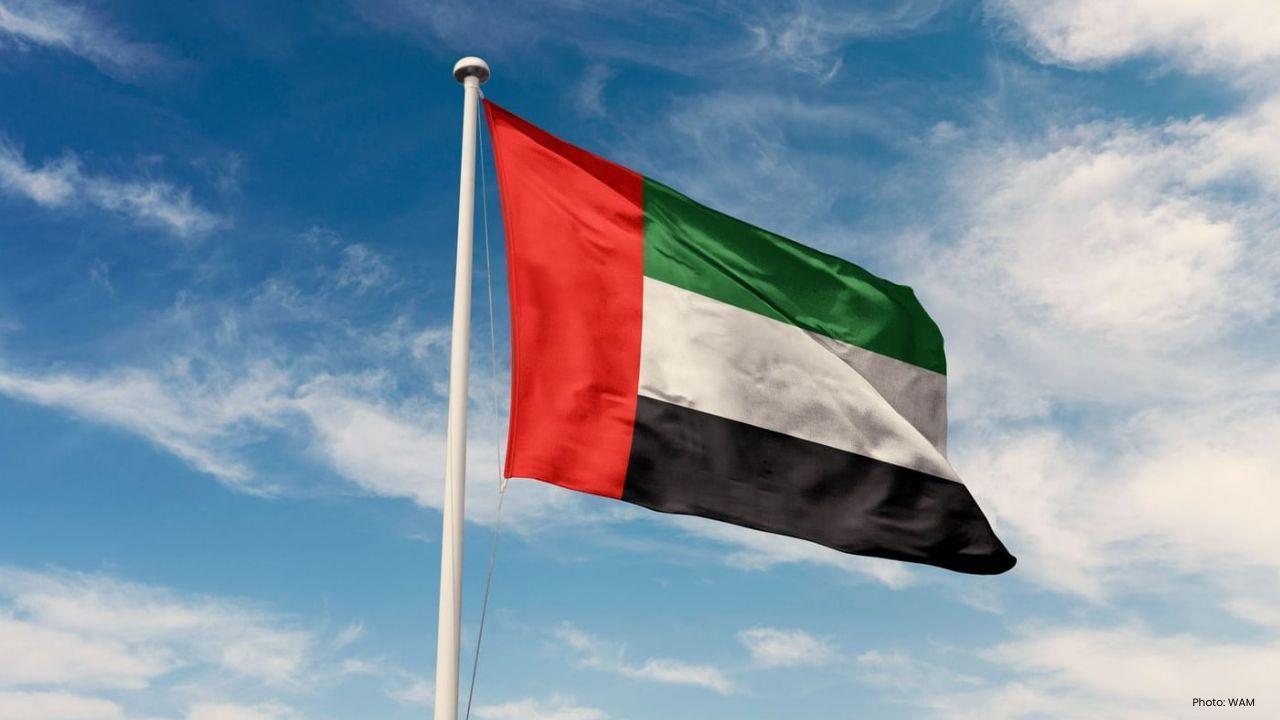
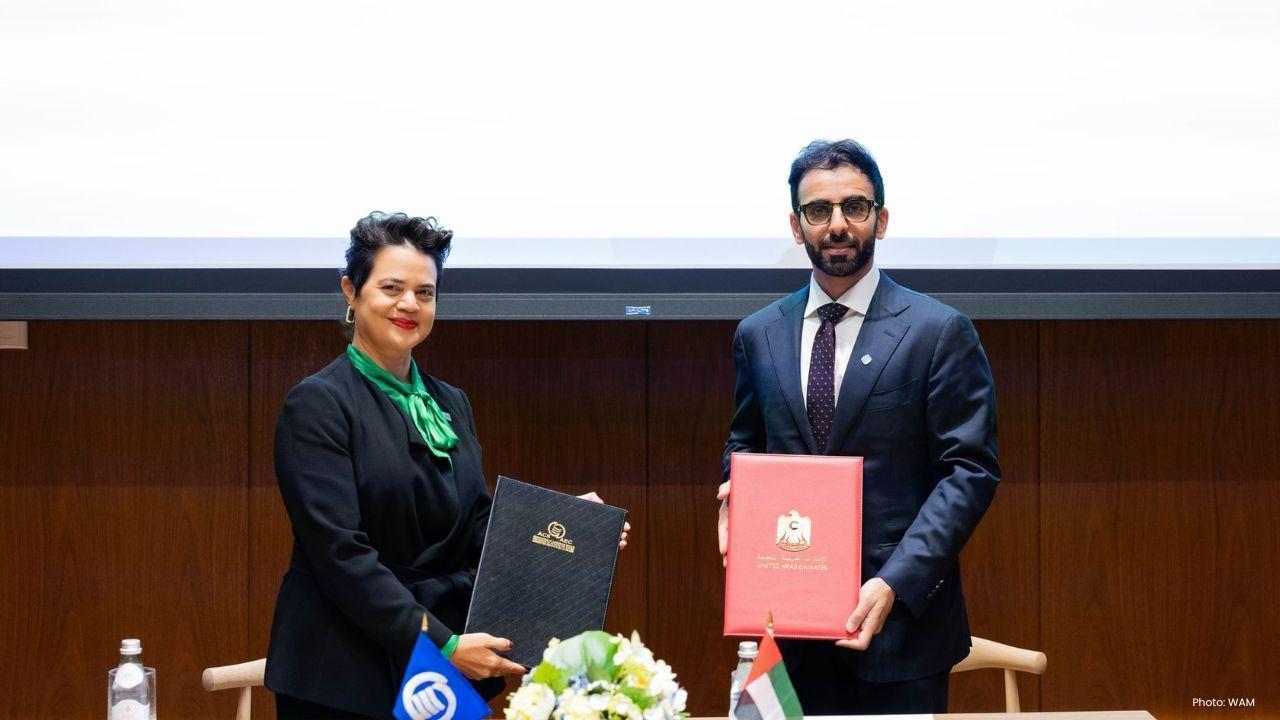


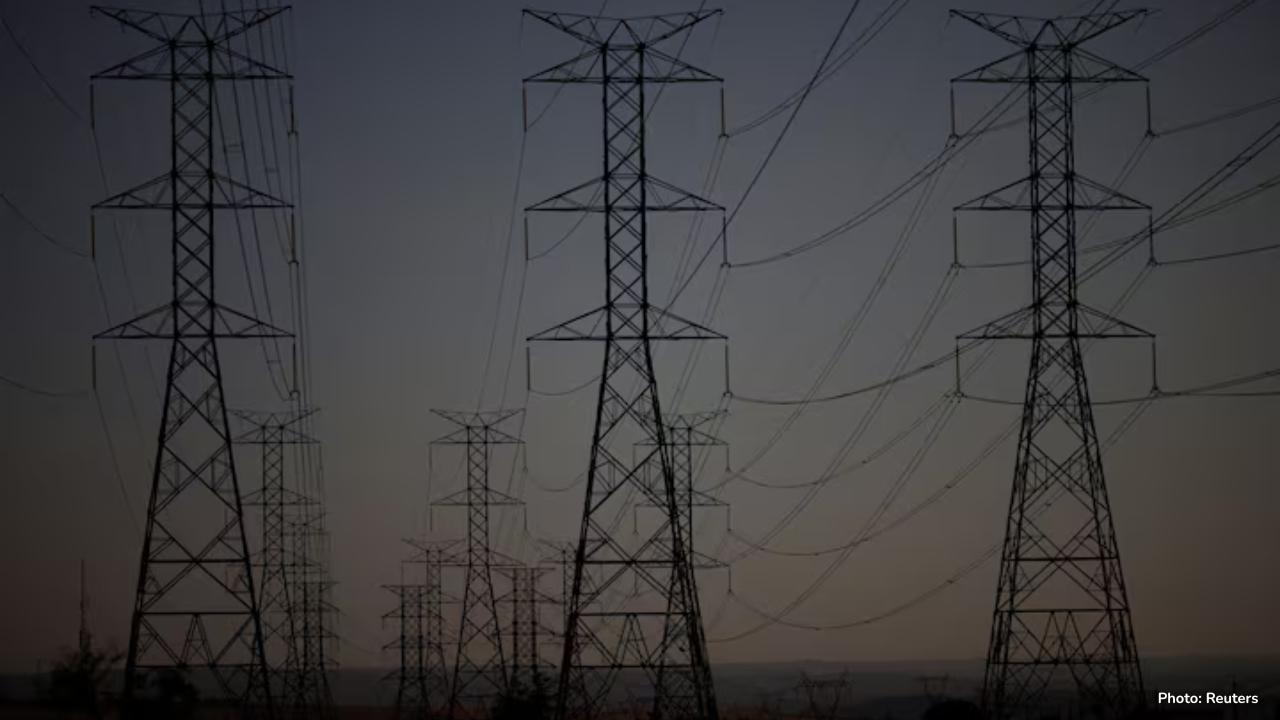

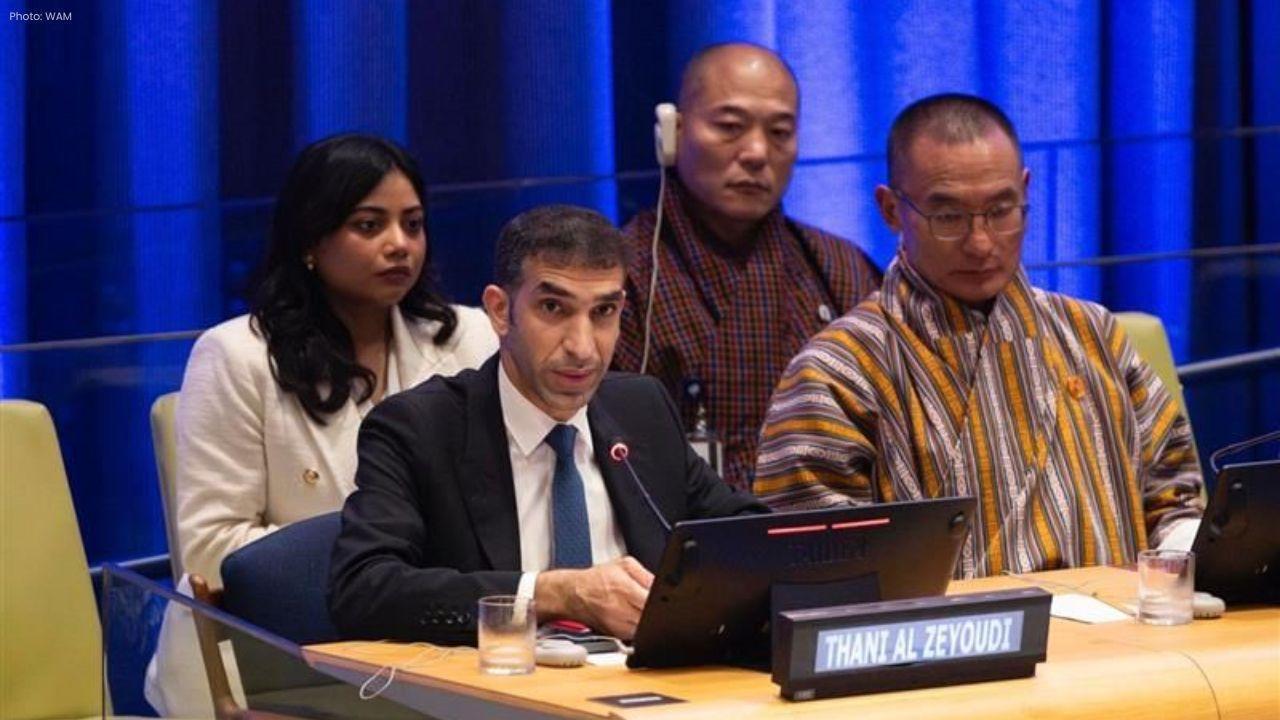

OpenAI's Revenue Soars to $4.3 Billion in First Half of 2025
OpenAI's revenue reaches $4.3 billion in the first half of 2025, marking a 16% increase from the pre

UAE Leaders Send Condolences to Saudi King Over Princess Abta's Death
UAE rulers and crown princes sent heartfelt messages to King Salman, mourning the passing of Princes

Brazil's Surplus Clean Energy Attracts Crypto Miners
Brazil's excess renewable energy is luring cryptocurrency miners. Companies like Tether and Renova E

Visa Tests Stablecoins to Make Global Payments Faster
Visa is testing stablecoins for international payments, aiming to speed up transactions and reduce t

Opera Unveils Neon AI Browser for Smarter Web Browsing
Opera introduces Neon, an AI-powered browser that automates tasks and enhances privacy, aiming to re

Albanese Visits Sheikh Zayed Grand Mosque in Abu Dhabi
Australian PM Albanese tours Sheikh Zayed Grand Mosque, highlighting peace, tolerance, and cultural